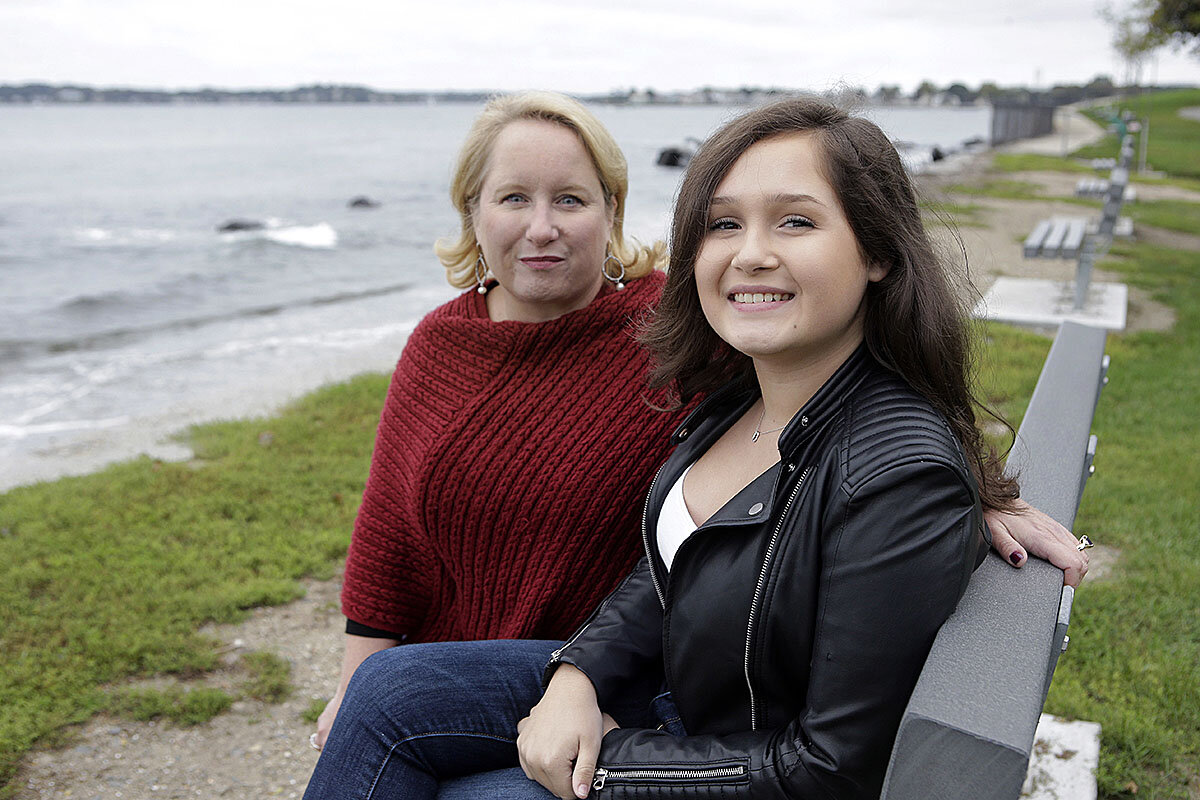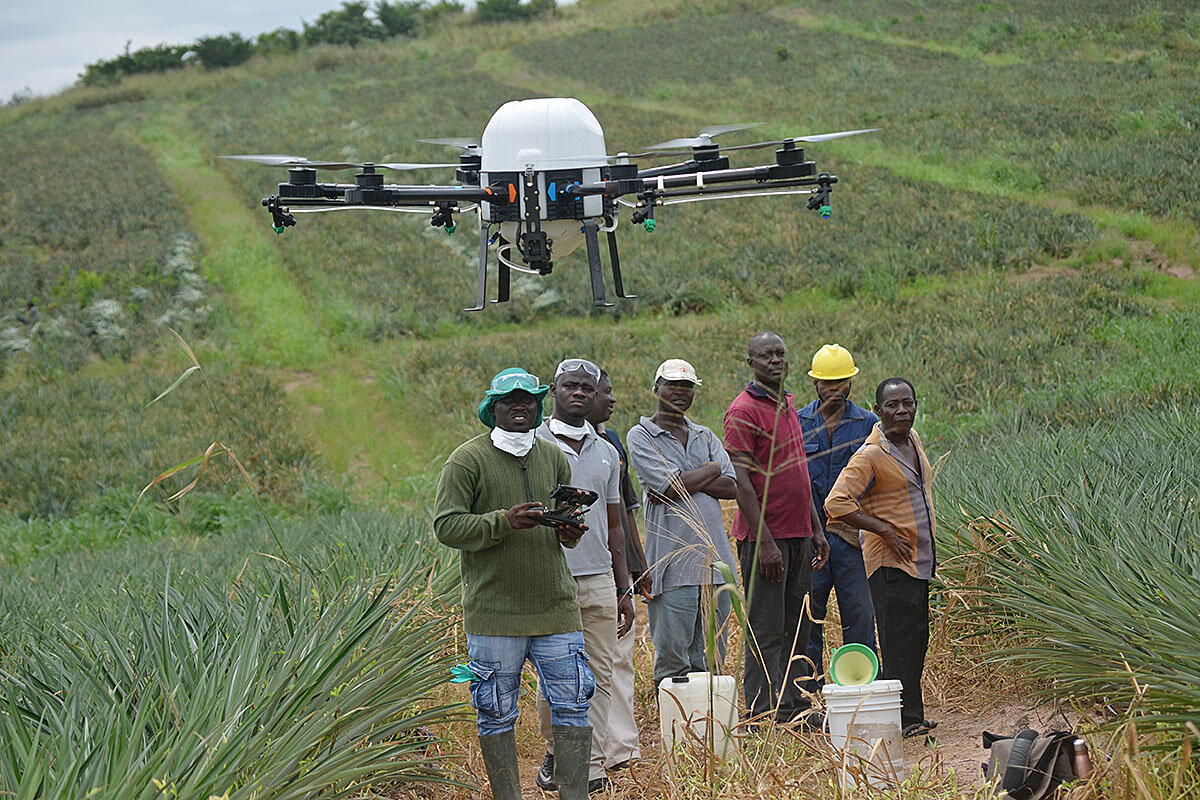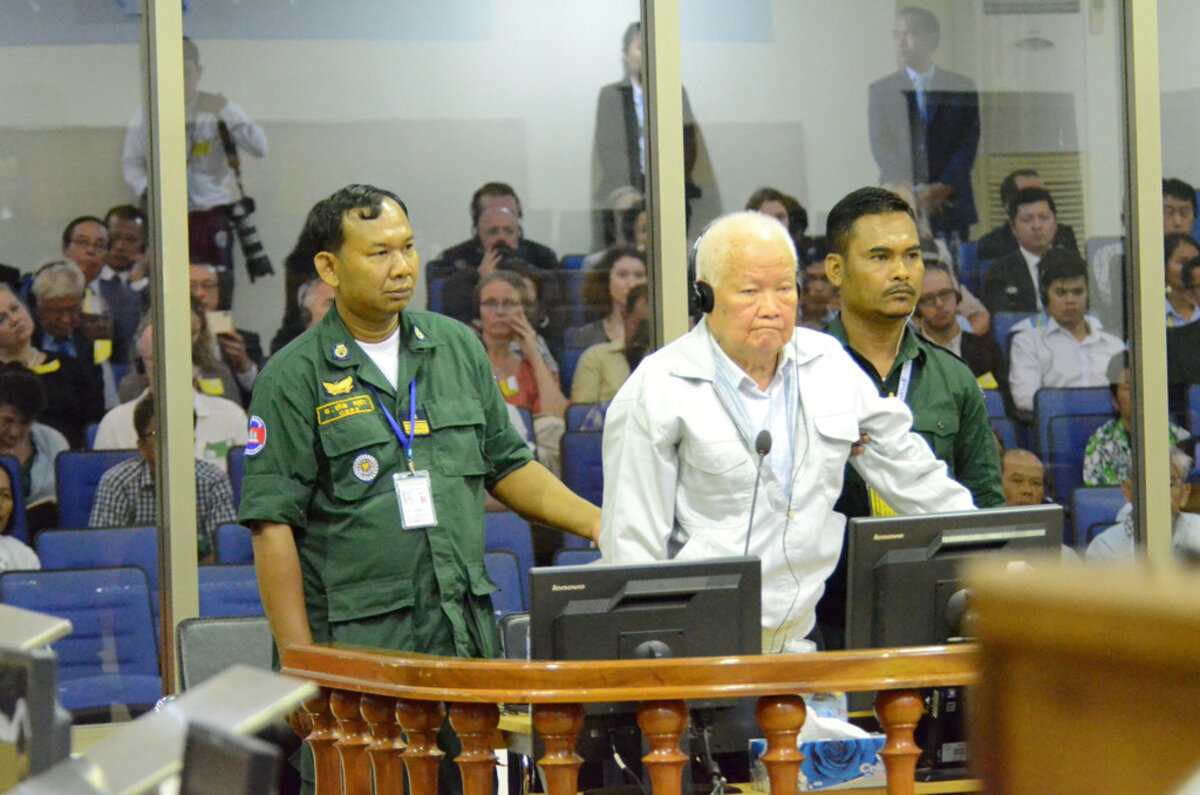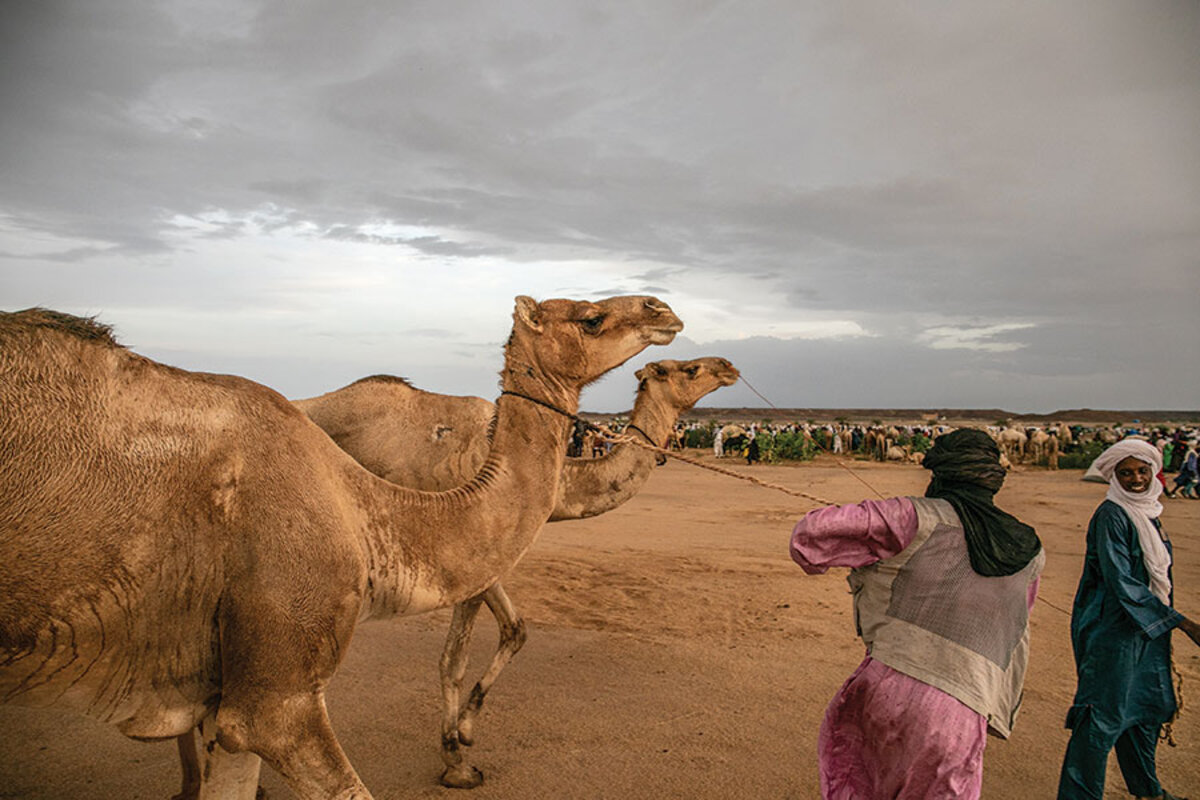Theresa May’s deal on Brexit sought to balance national sovereignty and economic interdependence. Reactions to it raise a question: Is that even possible in today’s Britain?
Monitor Daily Podcast
- Follow us:
 Clayton Collins
Clayton Collins
The action seems to be picking up along a continuum that runs from disgruntlement to despair. We hear terms like “collective trauma.”
A recent mass shooting feels long ago, partly because of – watch for our take on how to avoid normalization of such violence – and partly because that event has been overlaid with others that contribute to a sense of malaise.
Hundreds of residents remain unaccounted for in California’s wildfire zone. We see news of and of human rights perhaps inside the US-Saudi-Turkey triangle. Another fraught election plays out – still – in Florida. Charges mount that Facebook, a virtual second home for so many, from bad actors peddling influence.
Where is the counterforce? In real community, some offer. It was door-knocking neighbors and local officials with bullhorns, for example, who warned many to flee ahead of fast-moving fires.
What hope for those who feel overwhelmed? A Highline story by Jason Cherkis this week explains how – by letter, by text – can subvert the “seductive logic” of suicidal thoughts for those who feel pushed that far down. One young caregiver, Ursula Whiteside, studied patients’ treatment histories and confirmed a recurring need. “Each one, she felt, was desperate for any form of help or kindness.”
The newsletter Daily Good this morning. “Showing respect to individuals,” one source declared, “has a kind of healing power.”
Now to our five stories for your Friday, including a look at expanding long-held social definitions in the US, at reframing agricultural innovation in Ghana, and at harnessing the power of migration in Canada.










